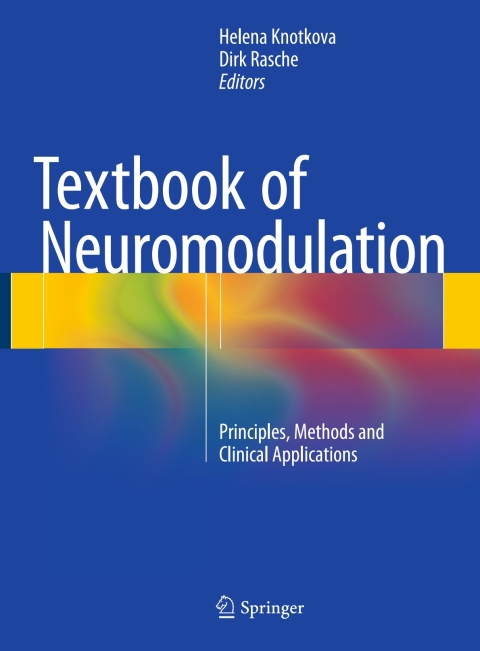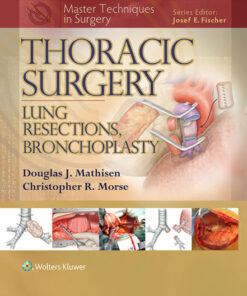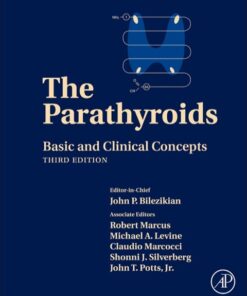Textbook of Neuromodulation
Principles, Methods and Clinical ApplicationsUntil recently, it was thought that the adult brain is modifiable only during early stages of ontogenesis. However, neurophysiological and neuroimaging studies now indicate that the mature human brain is, under certain conditions, capable of substantial neuroplastic changes. Neuroplasticity reflects the ability of the human brain to alter the pattern of neural activation in response to previous experience, and recent findings indicate that the effects of experience can lead to both structural as well as functional reorganization. It has been shown that pathological neuroplastic changes can be reverted/normalized and that the modulation of the neuroplastic changes can be paralleled by improvement of the patient’s status. However, there is a gap between the potential of neuromodulation, technical progress and actual preparedness of medical personnel to provide this type of treatment. A prevalent opinion among medical professionals indicates that training programs and educational materials in neuromodulatory techniques are well needed and appreciated. Neuromodulation will focus on the description and discussion of methods currently available for invasive and non-invasive neuromodulation, their clinical potential, significance and practical applications. In order to facilitate understanding of the topic, the initial part of the textbook will review neurophysiological systems involved in neuromodulation and will provide readers with basic principles of neuroplasticity that constitutes the rationale for neuromodulation in human medicine. Additionally, the clinical use of these techniques will be described with special regard to safety and avoidance of complications. ISBN: 9781493914074, 1493914073
Textbook of Neuromodulation Principles, Methods and Clinical Applications Ebook
$20.00
Author











